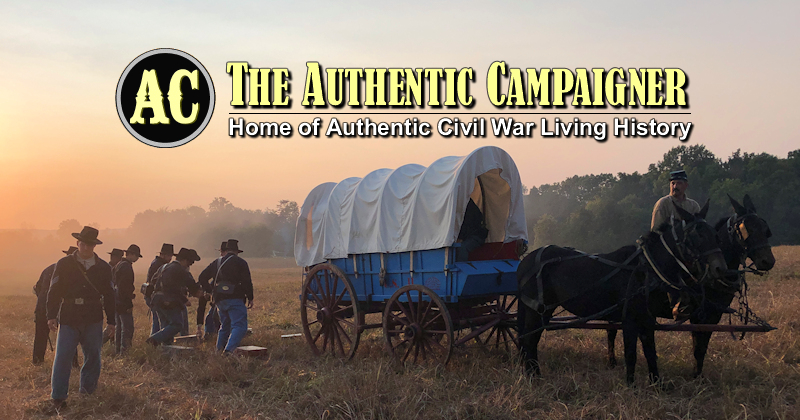In preparing for your roles in the 2nd Mississippi please take into consideration that we will be doing a surgeon's call at six-thirty in the morning (that's so we the surgeons, in order to create more paperwork, establish health history, ensure a more accurate moment for you, and promote the general welfare of the Regiment).
We'd like to maintain a general first person environment during any hospital scenarios, but we understand if you need to take a break now and then.
To help you get "in the mood" we have searched a few relevant threads for your perusal:
Soldier health or lack thereof:
Ideas for improving hospital scenarios:
Please feel free to email me at bluemasscat at yahoo dot com if you have questions. More to follow further down.
We'd like to maintain a general first person environment during any hospital scenarios, but we understand if you need to take a break now and then.
To help you get "in the mood" we have searched a few relevant threads for your perusal:
Soldier health or lack thereof:
Ideas for improving hospital scenarios:
Please feel free to email me at bluemasscat at yahoo dot com if you have questions. More to follow further down.



Comment